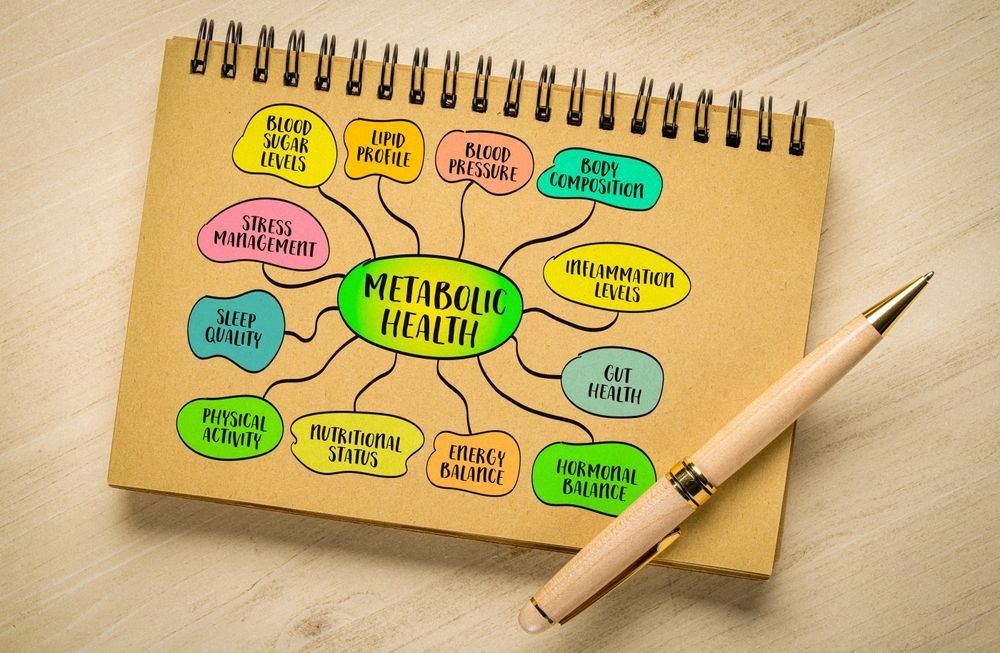Can IV Therapy Boost Productivity?

In our fast-paced world, productivity often takes center stage. Professionals and students alike are always looking for ways to improve their efficiency and output. One emerging trend in this pursuit is intravenous (IV) therapy. Advocates claim this method can enhance productivity, but what does the science say? Let’s explore this intriguing topic.
Understanding IV Therapy
IV therapy involves the administration of fluids, vitamins, and minerals directly into the bloodstream through a vein. This method allows for immediate absorption of nutrients, bypassing the digestive system, which can sometimes hinder nutrient uptake.
The therapy has traditionally been used in medical settings for hydration and replenishment of essential nutrients. However, its popularity has surged in wellness circles, with many claiming its ability to boost energy levels and overall health.
The Science Behind IV Therapy
The underlying science of IV therapy hinges on the body's ability to absorb and utilize nutrients effectively. By delivering essential vitamins and minerals directly into the bloodstream, IV therapy can lead to rapid improvements in energy levels, immune function, and overall well-being.
Research suggests that certain vitamins, particularly B vitamins and vitamin C, are vital for energy production and cognitive function. When administered intravenously, they can be more effective than oral supplements, especially in individuals with absorption issues or those requiring higher doses.
Common Types of IV Therapy
There are various IV therapy formulations available, each catering to different health needs. Some of the most common types include:
- Hydration IVs: Primarily aimed at restoring fluid balance, especially for athletes or those recovering from illness.
- Vitamin C IVs: Known for their immune-boosting properties and potential in reducing symptoms of fatigue.
- Myers’ Cocktail: A mixture of vitamins and minerals that is often touted for its energy-boosting effects.
- Glutathione IVs: Frequently used for detoxification and skin health.
The Connection Between IV Therapy and Productivity
The link between IV therapy and productivity lies in its potential to enhance both mental and physical performance. By ensuring the body is adequately nourished, individuals may experience improved focus, better energy levels, and enhanced stamina.
How IV Therapy Could Enhance Mental Alertness
One of the primary ways IV therapy can boost productivity is by improving mental alertness. Essential nutrients like B vitamins are known to play a key role in brain health. Increased availability of these nutrients through IV therapy may lead to enhanced cognitive function, allowing for sharper focus and quicker decision-making.
Moreover, many people report feeling a noticeable uplift in mood and clarity following IV therapy, which can further contribute to increased productivity in both personal and professional settings.
IV Therapy and Physical Stamina
Physical stamina is equally important for productivity. Dehydration can lead to fatigue, muscle cramps, and decreased overall physical performance. Hydration IVs, in particular, can help restore fluid balance, allowing individuals to push through physical tasks more efficiently.
Studies have shown that even mild dehydration can impair physical performance. By replenishing fluids and electrolytes, IV therapy can enhance endurance, allowing individuals to engage in more focused, prolonged work or exercise sessions.
Potential Risks and Side Effects of IV Therapy
While IV therapy has its benefits, it is essential to consider the potential risks and side effects. Not everyone is a suitable candidate for this type of treatment.
Understanding the Possible Complications
Like any medical procedure, IV therapy carries some risks. Potential complications include infections at the insertion site, allergic reactions to the nutrients, and vein irritation. It’s vital to consult a healthcare professional before starting therapy to ascertain whether it’s appropriate for your health situation.
Furthermore, unregulated IV therapy clinics may pose additional risks, emphasizing the importance of seeking treatment from licensed medical facilities.
Weighing the Benefits Against the Risks
When considering IV therapy, it’s crucial to weigh the potential benefits against the risks. While it can offer quick results in terms of energy and hydration, understanding your individual health needs and consulting with a healthcare provider can help ensure the best outcomes.
Ultimately, a balanced approach, including a healthy diet and regular hydration, should also be a priority for anyone looking to improve productivity.
The Role of Hydration in Productivity
Hydration is often an overlooked factor that significantly affects productivity levels. The human body relies on water for virtually every function, including cognition and physical performance.
Dehydration and Its Impact on Performance
Even slight dehydration can lead to fatigue, decreased alertness, and impaired cognitive function. Studies have shown that individuals can experience significant declines in performance and mood with only a 2% drop in hydration levels.
Therefore, maintaining optimal hydration is essential, especially for those in high-pressure environments or physically demanding roles.
How IV Therapy Can Aid Hydration
IV therapy can serve as an effective short-term solution for hydration, rapidly replenishing lost fluids and electrolytes. This rapid infusion of hydration can prove beneficial for athletes, professionals with demanding schedules, and individuals recovering from illness.
Incorporating IV therapy into a hydration strategy can lead to improved energy levels, focus, and overall productivity throughout the day.
IV Therapy in the Workplace
As the benefits of IV therapy become more recognized, some companies are beginning to explore its implementation in the workplace. However, this trend raises various legal and ethical considerations.
Legal and Ethical Considerations
Employers considering offering IV therapy as a wellness service must navigate potential legal implications, including liability and informed consent. Ensuring that services are administered by qualified healthcare professionals is paramount to avoid complications.
Moreover, companies need to consider the ethical implications of promoting such treatments. Transparency about costs, benefits, and potential risks is essential to maintain trust with employees.
Implementing IV Therapy in a Corporate Setting
If a company decides to proceed with IV therapy, developing a structured program that focuses on employee health and well-being is crucial. Offering educational sessions about the benefits and risks, alongside access to trained professionals, can create a safe and supportive environment for employees.
Ultimately, prioritizing employee health can lead to higher levels of productivity and job satisfaction, showcasing the potential value of integrating IV therapy into workplace wellness strategies.
As we explore the impact of IV therapy on productivity, it’s clear it may offer valuable benefits, from enhanced hydration to improved focus and stamina. However, a careful approach, incorporating professional guidance and ethical considerations, will ensure this treatment is safe and effective for those looking to boost their productivity.










